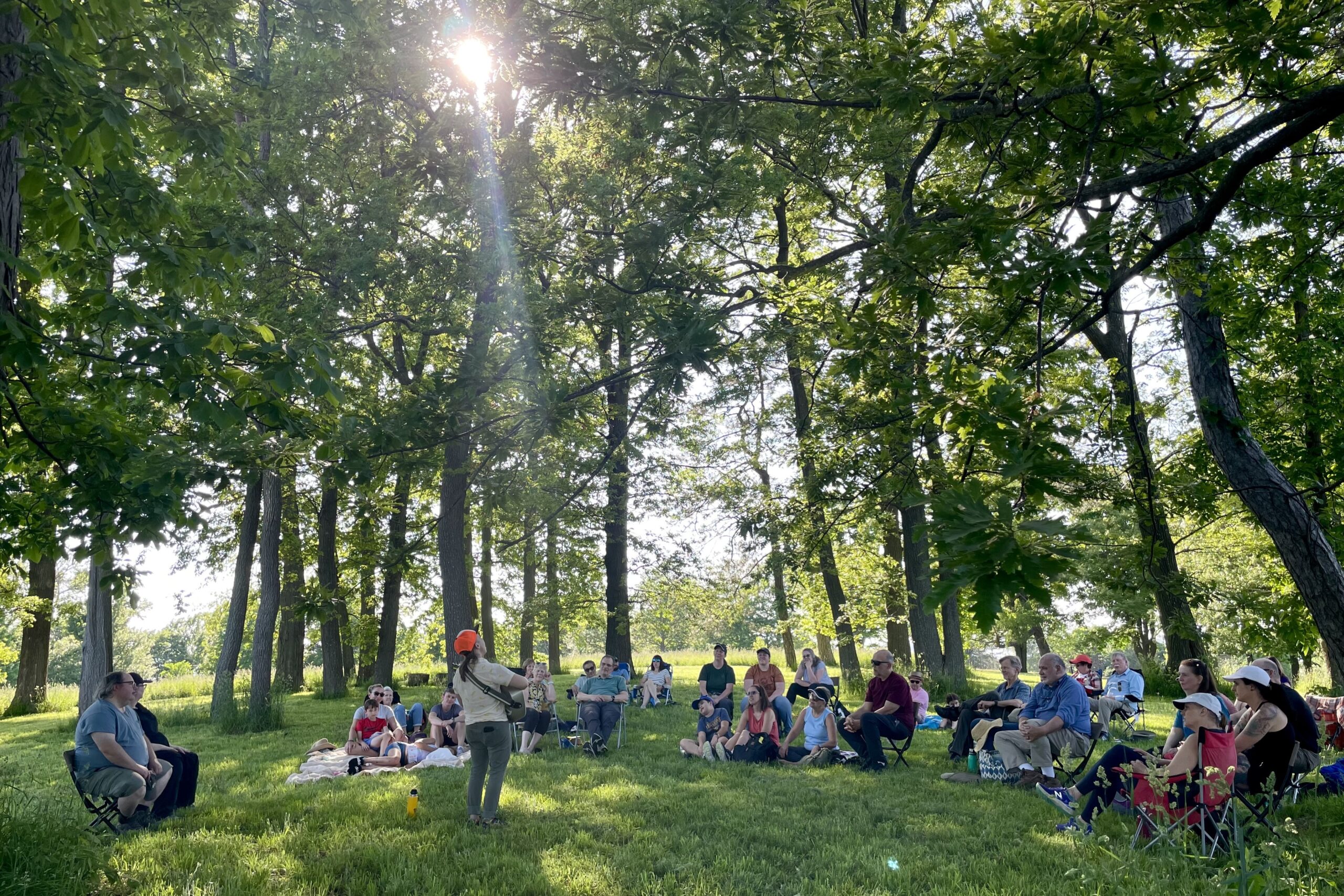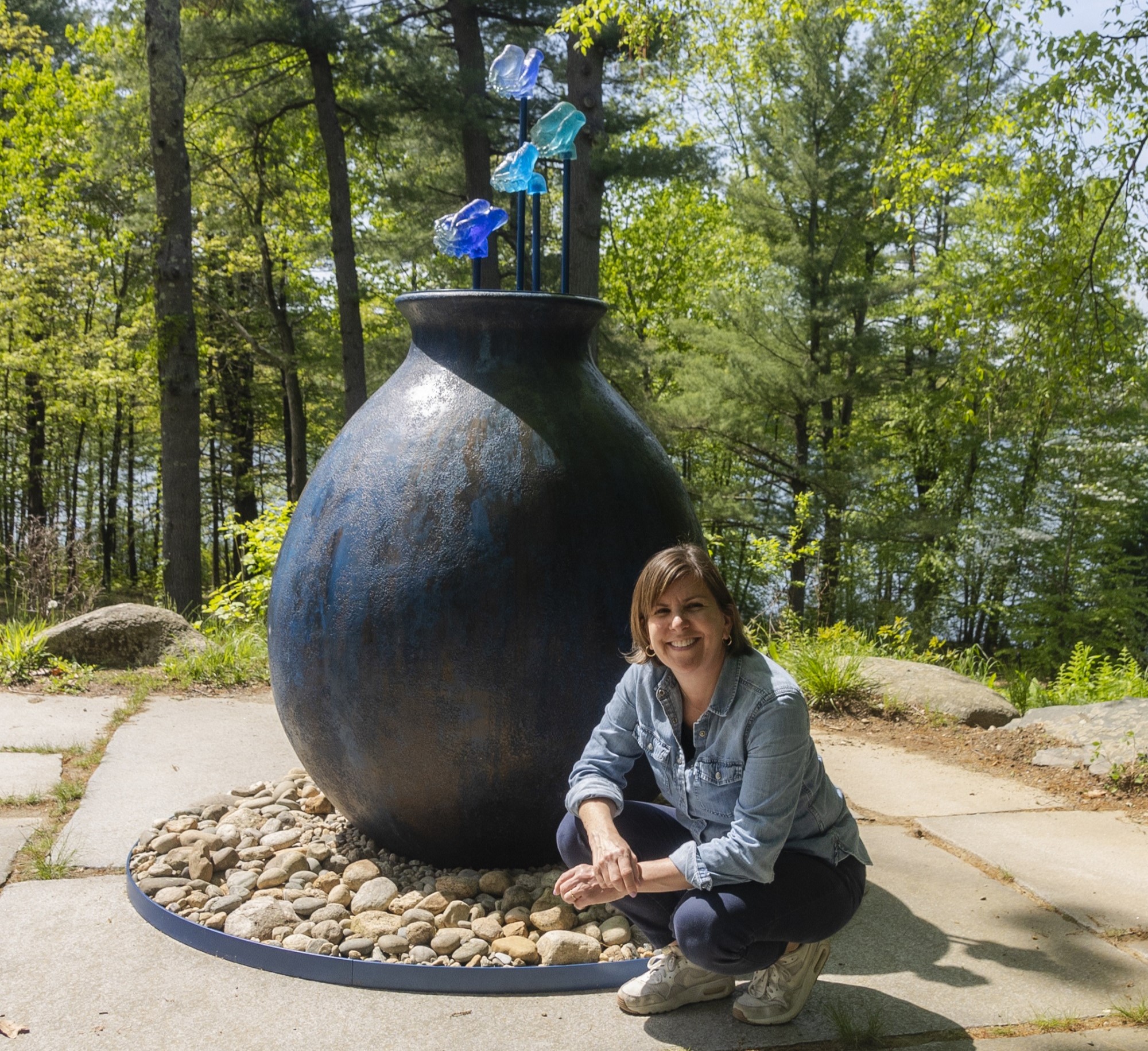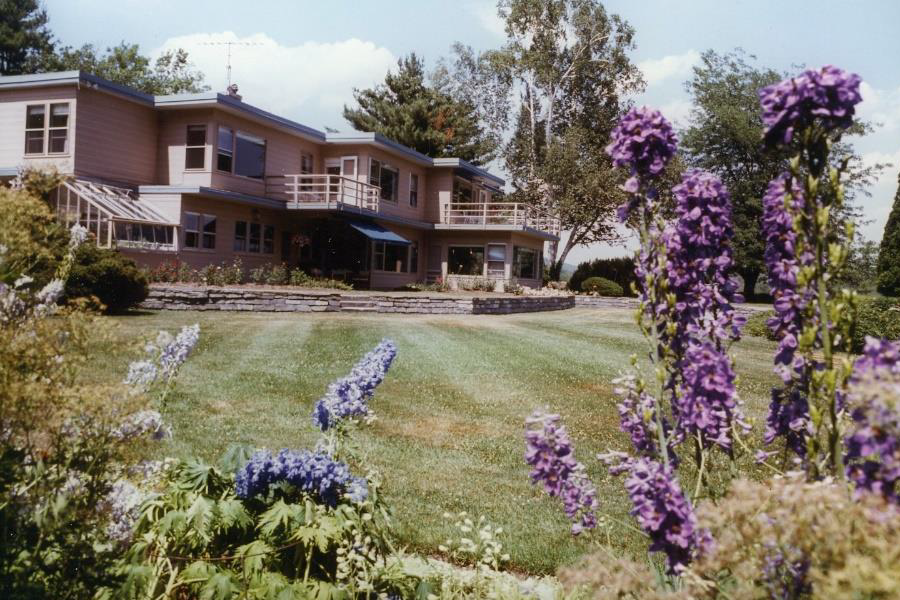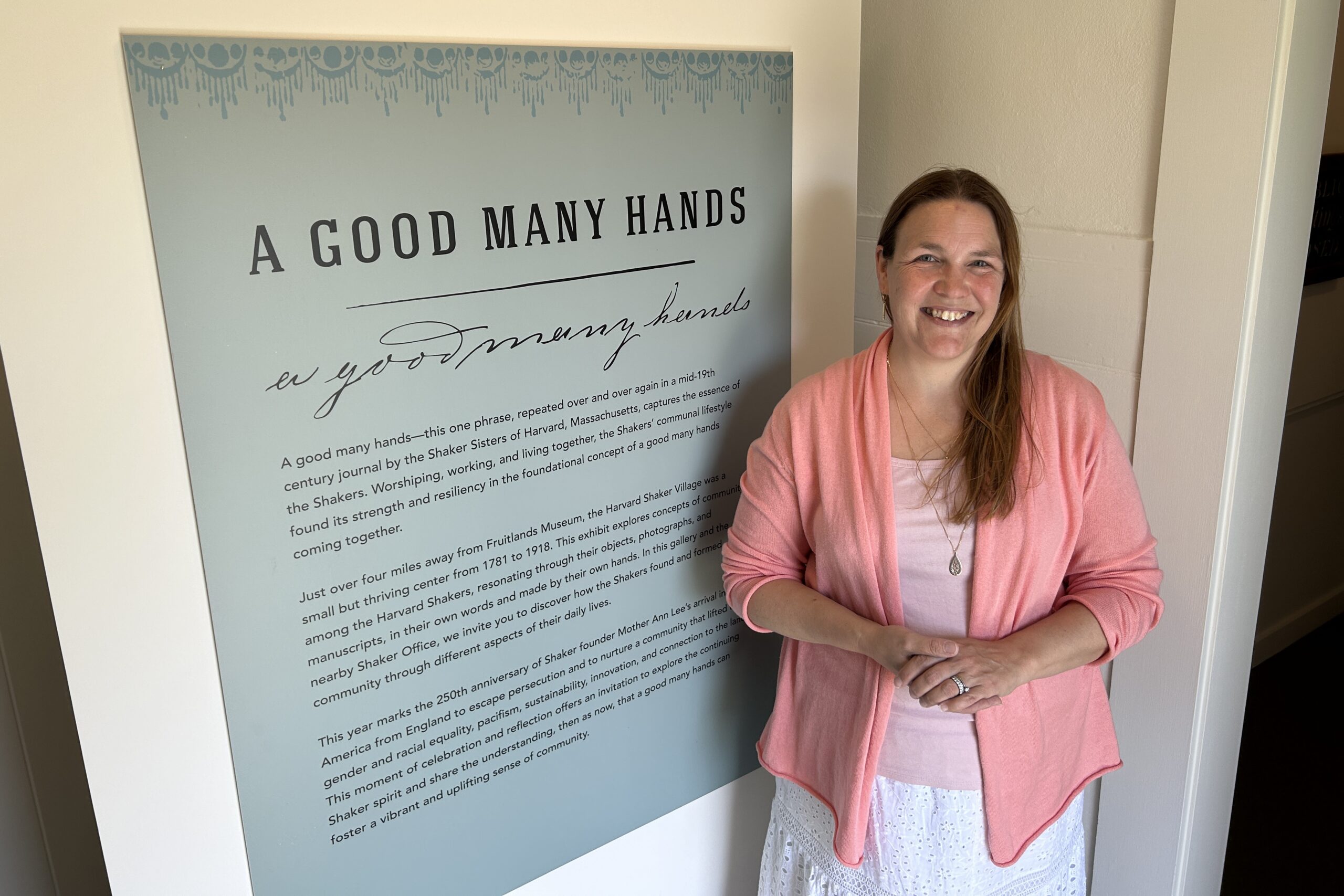“It is impossible to talk about the single story without talking about power… How they are told, who tells them, when they’re told, how many stories are told, are really dependent on power.”
—“The Danger of a Single Story,” TED talk by Chimamanda Adichie
In her TED talk, “The Danger of a Single Story,” the writer Chimamanda Adichie talks about how, as a child in Nigeria, she only read British and American books. As a result, the first stories she wrote had blonde blue-eyed characters that played in the snow and ate apples–even though she had never seen snow and ate mangoes, not apples.
Adichie’s talk addresses the fundamental quandary of history. Whose story gets to be told and who tells it can have a profound impact on our understanding of the past. Telling the stories of the past from only one point of view often erases the experiences and perspectives of those who were pushed to the margins by those in power, and results in an incomplete understanding of history.
As an organization committed to preserving and telling the stories of special places in Massachusetts, we must strive to tell a complete history, and we have not always been successful in doing so. Frankly, we have not always dedicated the resources needed to uncover the stories that lie beneath the dominant narrative, which are often harder to find.

We recently discovered that enslaved carpenters helped created this intricate woodwork. Salvaged from a Charleston mansion built in 1812 for Isaac and Eliza Ball, the woodwork is a prominent feature in the historic house at Long Hill in Beverly. Image Courtesy: Katharine F. Grant, Long Hill and Stevens-Coolidge House & Gardens Curatorial Fellow.
Other times, it’s not our story to tell. The phrase, “Not about us without us” was popularized by the disability rights movement in the 1990s but has come to be applied to other marginalized groups as well. As a predominantly white organization, we recognize that sometimes we shouldn’t tell the stories of others from our point of view, however well-meaning we might be. Rather, we need to step aside and invite the keepers of those stories and traditions to share their own narratives. Building trust through partnerships like those takes time, and we are only at the beginning of that journey as an organization.
For these reasons and many more, the Trustees has made a commitment to uncovering and sharing a more complete history with the help of two research fellows in public history. One will focus on Black and African-American history and the other on Indigenous history. They will each spend two years helping us to uncover stories and perspectives about our special places that we have not told before. More importantly, each will be tasked with creating a public-facing project to share their findings, such as a new tour, an online exhibition/microsite, a self-guided brochure, etc.
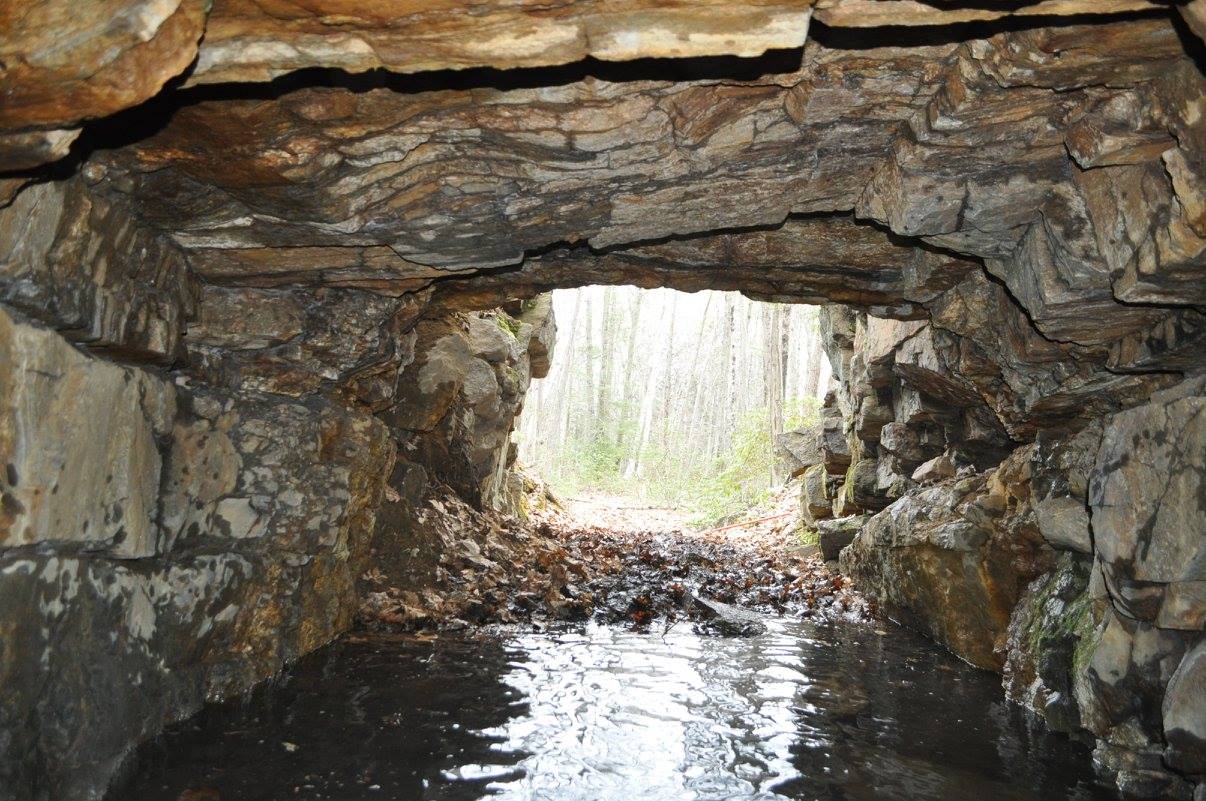
Tantiusques, a Nipmuc word meaning “a black deposit between two hills” was the site of one of New England’s first graphite mines. The site in Sturbridge has many stories to tell. It was a historic source of ceremonial pigment for the Nipmuc people and, the mid-1800s, the homesite of mine foreman Guy Scott and his family, who were identified as African American and Indigenous.
While we look forward to hearing the stories our new fellows will uncover, we understand that there is still much more work to be done. We hope that you, our members and visitors, will join us on this journey and let us know what stories are important to you as you make your own memories and histories at our special places.
